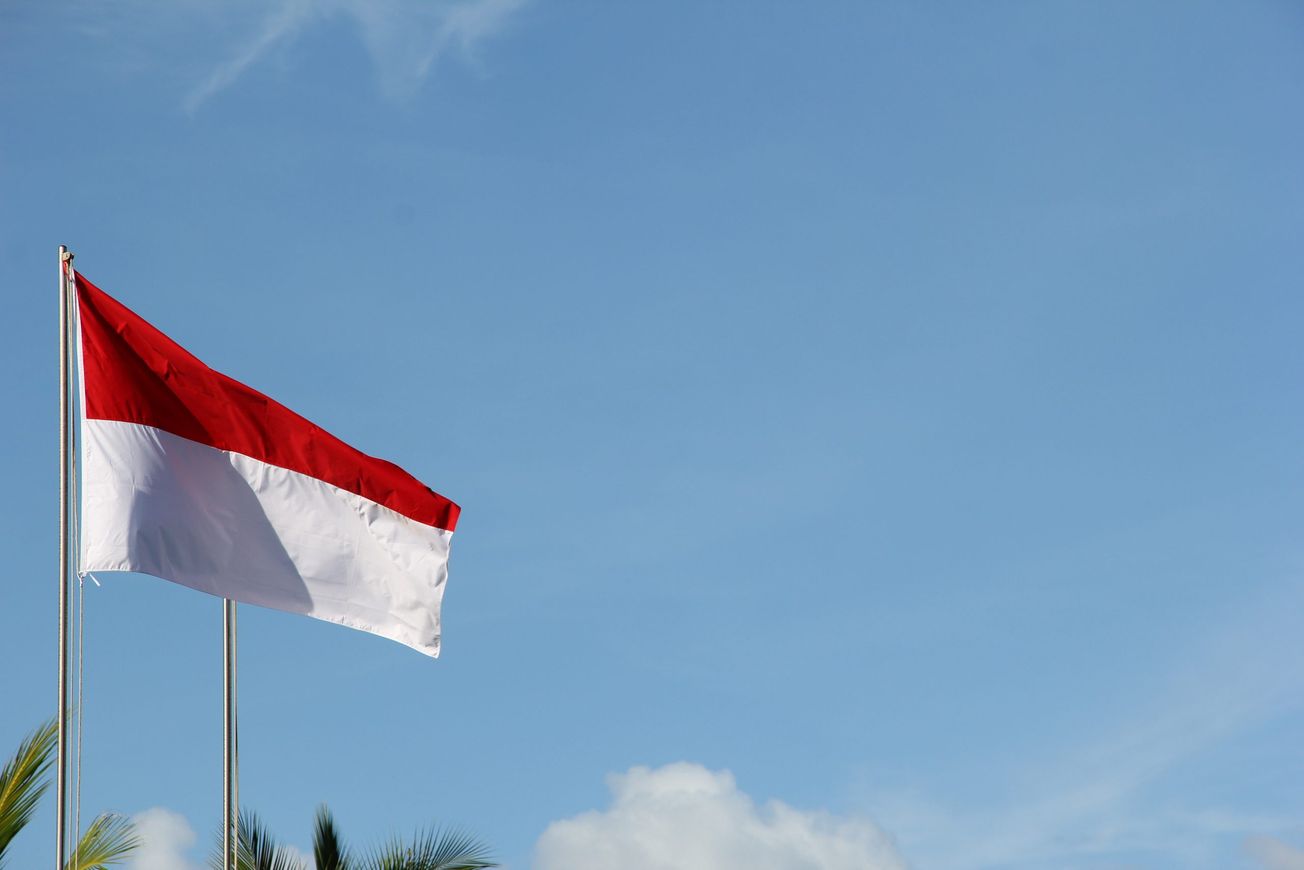Table of Contents
Indonesia is set to launch its first government-backed cryptocurrency exchange later this month, a move that could be a game changer for the country's burgeoning digital asset industry.
The launch, as reported by Tempo, is set to revolutionize the country's burgeoning crypto industry. The exchange, which is expected to launch this month, will provide a regulated platform for Indonesians to trade digital assets, a move that is anticipated to further fuel the growth of the crypto market in the country.

The Futures and Commodity Trading Regulatory Agency (Bappebti) is spearheading the launch, with the aim of centralizing all crypto transactions through this exchange. However, as with any new venture, there are potential roadblocks and challenges that could turn this promising initiative into a gamble.
Growing Market
Indonesia has witnessed a significant surge in cryptocurrency interest and investment over the past year. The country's crypto market grew by 50% in 2022, according to a report by OpenGovAsia. This growth has been fueled by a combination of factors, including a young, tech-savvy population, increasing smartphone penetration, and a growing middle class with disposable income to invest.
The number of crypto investors in the country has also seen a sharp rise. As per a report by Jakarta Globe, Indonesia is home to 1.74 million crypto investors, a number that surpasses the traditional stock market investors in the country. This indicates a shift in investment trends and highlights the growing acceptance and adoption of digital assets.
The launch of a government-backed crypto exchange is a natural progression in this context.
The Indonesian crypto market is already home to several exchanges, including Binance, Gemini, Bybit, Bittrex, Coinbase, CoinSpot, Kraken, OKcoin, Bitcoin Indonesia, and Abra. The introduction of a government-backed exchange is likely to shake up this landscape. It remains to be seen how these existing players will adapt to this new development and what strategies they will employ to maintain their market share.
Challenges Ahead
Despite the promising growth and the upcoming launch of the crypto exchange, the road ahead for Indonesia's crypto industry is not without challenges.
Regulatory hurdles are a significant concern. The launch of the exchange has already been delayed due to obstacles and regulatory changes recognizing crypto assets as financial securities. It was previously announced that the regulatory power for digital assets will shift from the Commodity Futures Trading Regulatory Agency (Bappebti) to the Financial Services Authority following the creation of the national exchange.
While the Indonesian government has shown a positive attitude towards cryptocurrencies, there is still a lack of clear and comprehensive regulations governing the industry. This regulatory uncertainty can deter potential investors and hinder the growth of the industry.
Public perception and trust are also crucial. Cryptocurrencies are still a relatively new concept for many Indonesians, and there is a significant amount of skepticism and mistrust surrounding them. Building public trust and acceptance of cryptocurrencies is a major challenge.
Infrastructure and access are another hurdle. Many rural and remote areas lack the infrastructure needed to participate in the crypto market, which could limit the industry's growth potential.
Finally, financial inclusion is a significant challenge. While cryptocurrencies have the potential to increase financial inclusion by providing financial services to the unbanked population, there are significant barriers to achieving this. These include a lack of understanding of how cryptocurrencies work, limited access to technology, and regulatory issues.
Game Changer or Gamble?
The launch of Indonesia's government-backed crypto exchange is undoubtedly a significant step forward for the country's digital asset industry. It has the potential to boost the growth of the market, provide a secure platform for investors, and position Indonesia as a leader in the crypto space in Southeast Asia.

However, the success of this venture will depend on how well the government and the industry can navigate the challenges ahead. It will require a delicate balance of regulation and innovation, security and accessibility, education and empowerment.
In the end, whether this initiative proves to be a game changer or a gamble will depend on how these challenges are addressed. But one thing is certain: the world will be watching closely as Indonesia takes this bold step into the future of finance.









